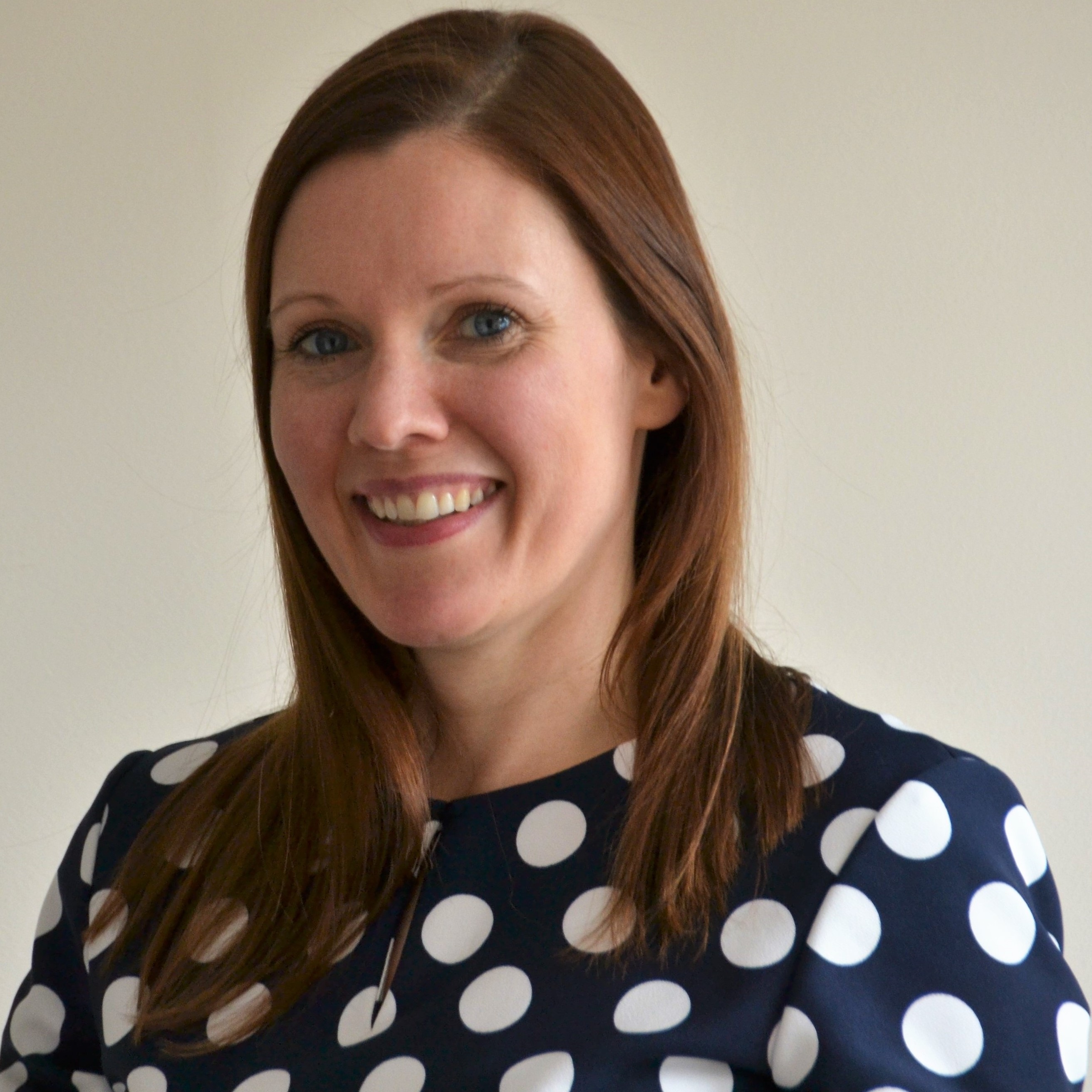The UK’s Worker Protection Act came into force last October; now is the time for all employers to act.
Headtalks is a great source of different views and perspectives around mental health. Here Professor Paul Gilbert talks about his work in compassion training, compassion towards ourselves as well as others. Well worth a listen
Paul Gilbert is a pioneer of compassion-focused therapy. He’s a professor of clinical psychology at the University of Derby. In his work, he has drawn on insights from Buddhist tradition as well as evolutionary psychology. His compassion training teaches people to quieten critical or hostile inner voices in order to treat themselves more kindly. That can mean working on breath, posture and tone of voice. Learning to feel compassion towards ourselves is a skill that can be taught.
Related Articles

Sports events can engage your employees

Anti-bullying & harassment week: our research

Anti-Bullying & harassment week: It's time to do something more about workplace Bullying & harrassment


Personnel Today: Six ways to kickstart conversations about team stress at work
Rachael Forsberg shares six steps for workplaces properly discussing team stress, as a crucial first step in tackling it.


Reworked: The 3 Best Ways to Invest in Employee Mental Health and Well-Being
Investing in wellbeing can boost both productivity and profitability. Where should leaders begin? Mark O'Grady shares three key focus areas for workplace leaders in his latest piece for Reworked.


HR Magazine: Mental health support is still too reactive
Workplaces need to be much more proactive about mental health, Mark O’Grady shares four ways how.




